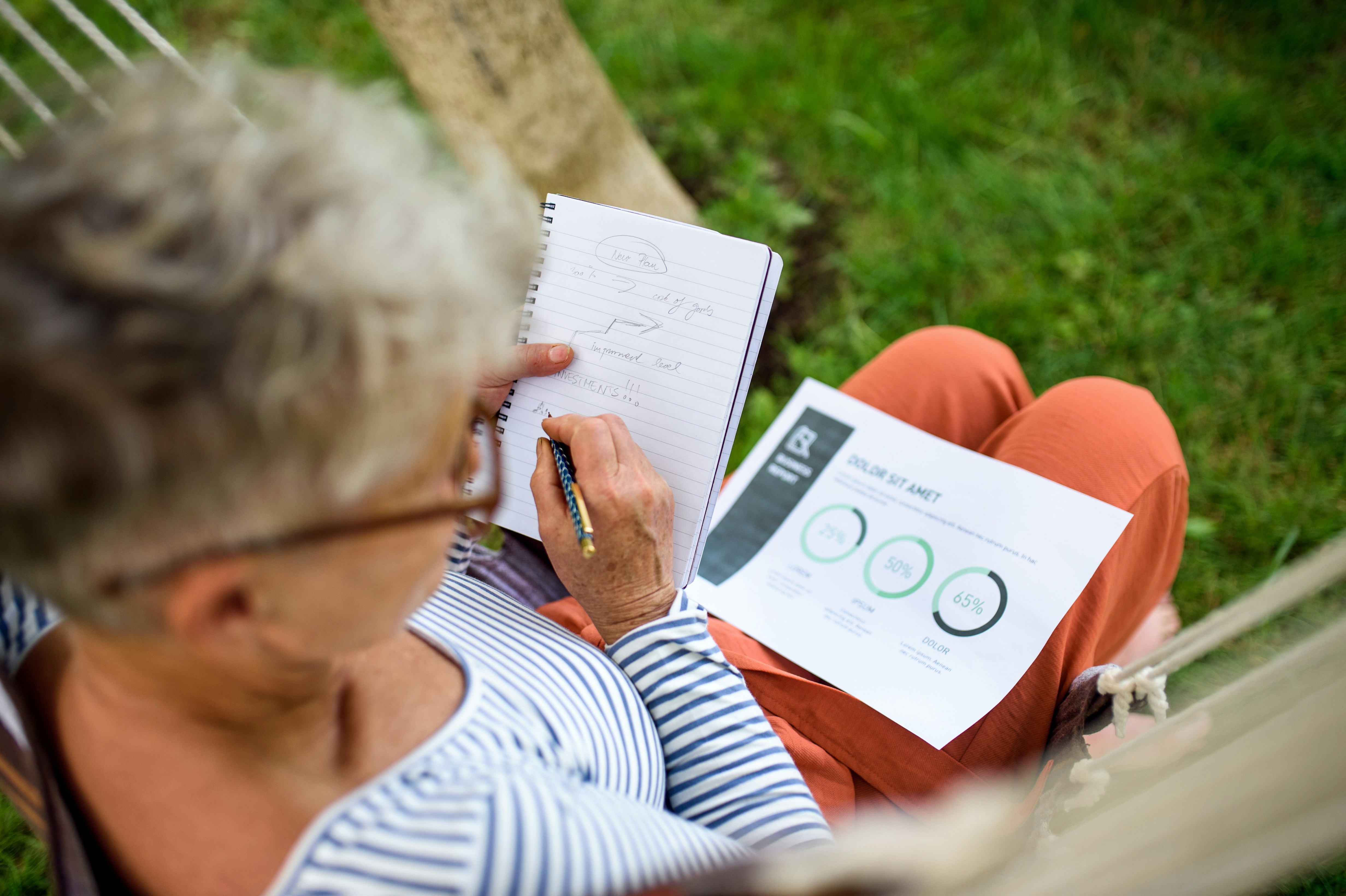The Longevity Economy: Redrawing the Economic Future
Longevity is silently reshaping the foundations of our economy. It is not a marginal or purely demographic issue—it is a new structural reality that redefines consumption, employment, investment, product design, business models, public spending, and development priorities.
The Longevity Economy is not just the sum of goods and services aimed at older people. Above all, it is a transformative vision that recognizes the value of a society where living longer does not mean depending more on, but participating more. It is an emerging, cross-cutting, and high-impact field, encompassing everything from assistive technology to urban planning, from innovation in care systems to new labor policies, from preventive health to financial education.
This new paradigm compels us to rethink the traditional pillars of the economy:
- How can we ensure that longer lives are also financially sustainable?
- How can we promote senior employment and lifelong learning?
- How can we foster inclusive, intergenerational, and age-friendly environments?
- How can longevity be integrated into strategies for growth, social cohesion, and innovation?
In countries like Spain and Portugal—where life expectancy is among the highest in the world and where tourism, personal services, and relational capital continue to grow—the Longevity Economy is not just an opportunity: it is a strategic necessity. Turning it into a driver of development means anticipating what is coming and leading transformation with both intelligence and humanity.
One of the core challenges is to ensure financial well-being throughout the life course. Achieving this requires more than occasional literacy: it calls for structural financial education, tailored to every life stage, enabling people to make informed decisions, avoid economic vulnerability, and reinforce their autonomy. Financial education is not only technical; it is also a tool for equity.
The Longevity Economy is not just about adapting to change. It’s about designing it. And doing so with intergenerational vision, scientific rigor, and a collective sense of purpose.
In the sections that follow, you’ll find research, proposals, comparative perspectives, and expert voices to help you better understand one of the great economic vectors of the 21st century. Because thinking about longevity is also thinking about the future of our economies.

